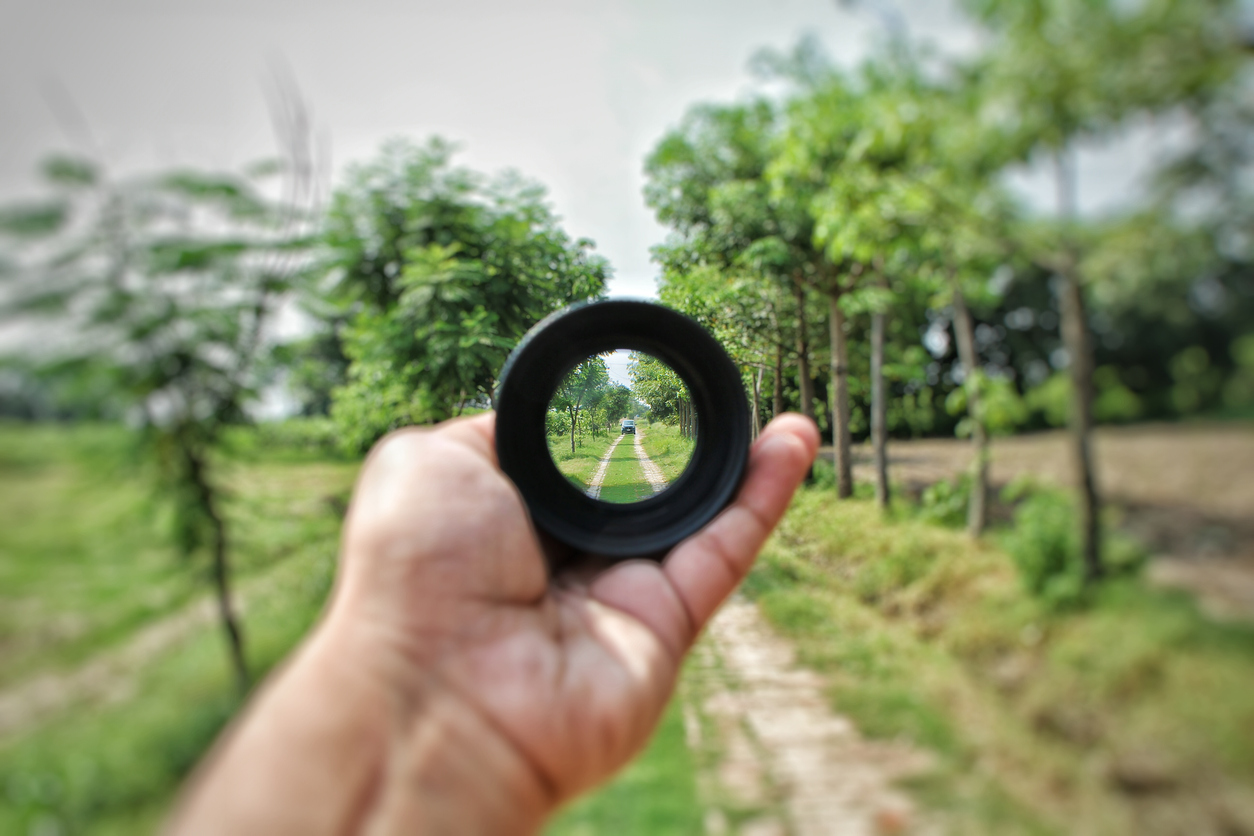The phrase “work smart, not hard” has been uttered for years, but too many people fail to heed that advice. There is a lot of scientific evidence that taking regular breaks from our work allows our brains to refresh, forcing us to step away from the grind and re-evaluate the big picture. Oddly enough, taking breaks can lead to increased productivity while spending less time actually working.
Shattering the Myth
It is an all-too-common misconception that getting something done requires sitting in front of the work and actively working on it. In reality, it’s better to keep our minds fresh and be willingly engaged to get the work done.
While the human mind is an extremely powerful thing, it needs good care in order to perform well. Just like getting a tune-up on your car keeps it running smoothly, taking breaks allows your brain to function effectively.
A study from the University of Illinois dug into the problems with prolonged focus on a specific task. They refer to the phenomenon as vigilance decrement, a decrease in attentional resources. According to the study author Alejandro Lleras, when you focus continuously on a specific task, you tend to lose focus on that task.
Lleras compares the effect to a similar condition with sight, known as Troxler Fading. Through this phenomenon, continuous attention to a stationary object in one’s peripheral vision can lead to that object’s complete disappearance from view.
His study shows that a very similar effect happens on our brain’s focus over time. He says the brain is built to detect and respond to change, and the absence of change is what causes our focus, and resultant performance, to degrade.
That’s why taking breaks, and even allowing yourself to be interrupted periodically from the task at hand, may actually improve your performance.
Heeding the Ultradian Rhythm
The human body goes through recurrent cycles each day known as ultradian rhythms. You may experience them as a natural ebb and flow of energy through the day. When you start at a task, your heart rate, hormonal levels, muscle tension, and brain activity allow you to be fully engaged. Your alertness, concentration, creativity, emotional resilience, and mental stamina are all at the top of their game.
However, after an hour or so, these peak conditions start to degrade. Your brain and body want you to take a break and rest so that recovery can occur. This period lasts for about 15-20 minutes, and heeding the call to rest is wise. Taking the break your body is asking you for will help you feel refreshed and ready to focus again.
A Feasible Schedule for Breaks
Studies show that effective working sessions typically last around 90 minutes or so, with a recovery time of 15 minutes.
Of course, we don’t always have full control over the schedule of our days, and some days, we are more or less attentive than others. The important thing to keep in mind is that you are either working or recovering at any given time. Don’t try to combine those activities. When you are taking a break from work, actually take the break and do non-work stuff. This diversion is only effective if your brain is allowed to detach from the task at hand.
I hope you try this method to take good care of your brain and productivity. Are there tricks you use to reset your focus? I would love to hear about them!

